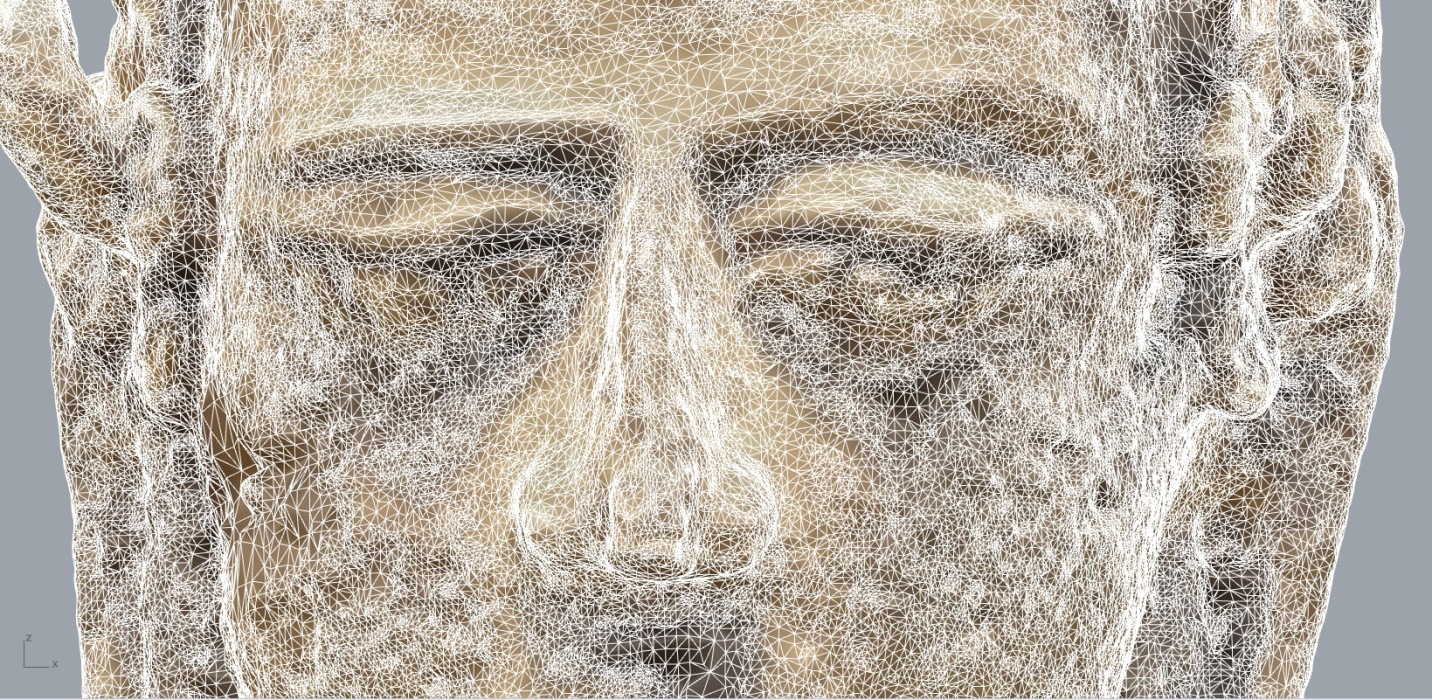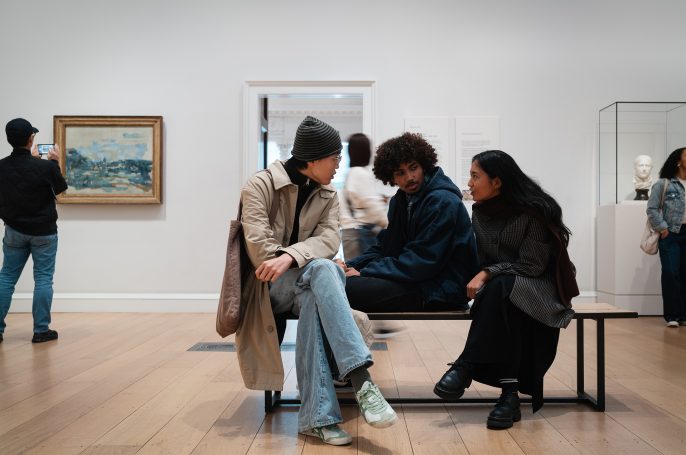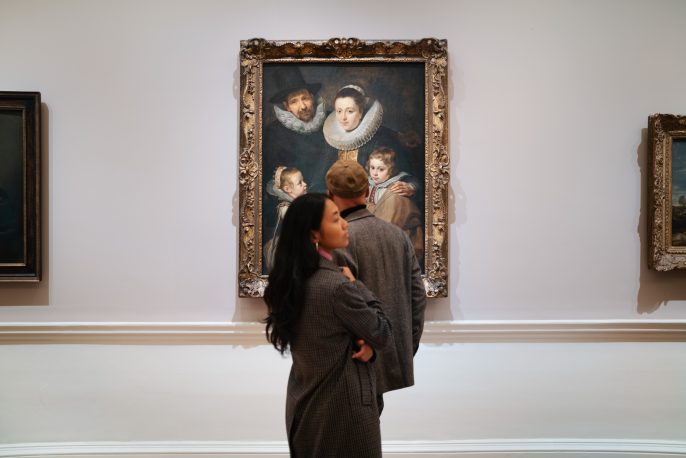Digital technologies have expanded the possibilities of art history while exposing the limits of categories and canons shaped by colonial frameworks. Drawing on case studies that employ digital archiving, 3D modeling, and digital reconstruction, this talk examines how collective digital spaces can reorient the study of the Philippines within Southeast Asian art. These digital platforms do more than document objects: they create environments where dispersed collections can be virtually reunited and where source communities bring their own interpretive frameworks into dialogue with institutional records. Such approaches interrogate and destabilize market-driven hierarchies, redirecting scholarly attention toward the agency and flourishing of source communities. In this sense, digital spaces operate as reparative and decolonizing frameworks, redistributing authority, restoring visibility, and enabling the inscription of alternative social and cultural structures into art historical knowledge, thereby opening new pathways for equitable and community-centered futures in the study of art.
Organised by Professor Stephen Whiteman, Professor of the Art and Architecture of China, and Dr Meredyth Winter, Lecturer in Early Islamic Arts, as part of the 2025-26 Frank Davis Memorial Lecture Series, ‘ART HISTORY X COMPUTER VISION: Reflecting on the past in a digital era’.
Speaker:
Maria Cristina Juan is an academic and curator in transnational art histories and material culture at SOAS. Her work examines the legacies of colonial collecting and the potential of digital technologies for preservation, reconstruction, and repatriation. She directs the Mapping Philippine Material Culture initiative and is the P.I. of AHRC-funded such as the 1762 Digital Repatriation Project, developing digital platforms that reunite dispersed collections and generate new art historical evidence. Her research explores how digital spaces can serve as reparative and decolonising frameworks, challenging established canons and contributing to alternative models of knowledge production and cultural stewardship.






